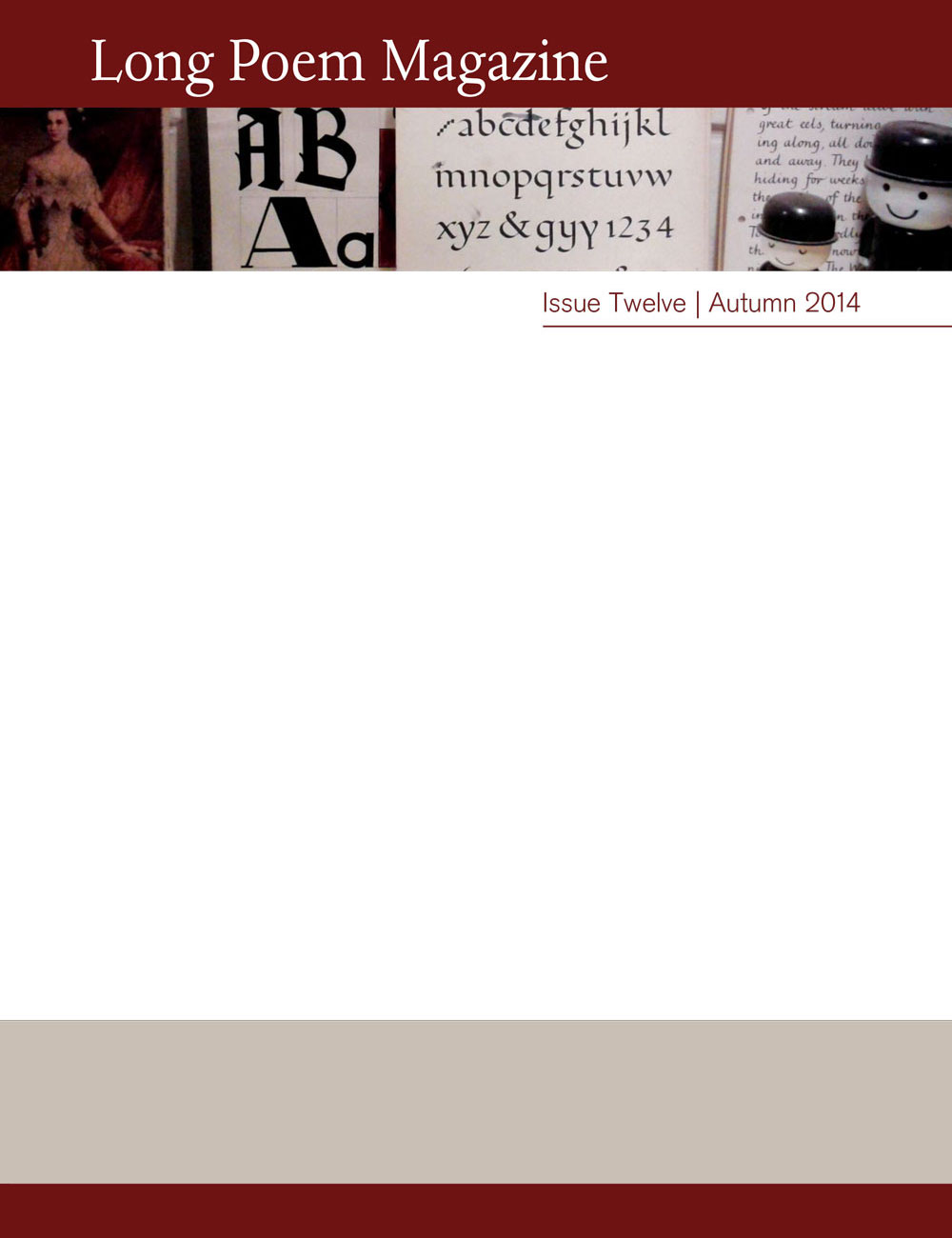I am always intrigued by what people are reading, and often ask. I have around thirty bedside books dipped into (mostly poetry or about poetry), almost completed, or not begun, as I am sure is the case with many of us – especially for those who attended the wonderful Free Verse Book Fair in September, where over sixty poetry publishers (the majority small presses) and organisations were represented. I couldn’t make it, but enjoyed seeing the photos – all those varieties of poet milling around in the same room! So I thought I’d ask our poets about their reading habits/ recommendations.
Some are reading for research or review purposes. Richard Berengarten is working on a long poem entitled ‘Changing’, based on the I Ching. His recommendation is SE Farmer’s Syncretism in the West (Pico’s 900 Theses, 1486): ‘an inspiring book about a great Renaissance thinker. Syncretic or correlative thinking is one of the foundations of poetic composition’, as is evident in Richard’s own poem, Now, published in this issue. Sophie Herxheimer, who is also a visual artist, speaks of her ‘folk and fairy tale habit… where the ordinary and the absurd most regularly meet’ (mine too!). She is currently reading Sarah Maitland’s Gossip from the Forest, which records her travels through twelve British forests, as part of her own research for a residency at Fermynwoods Contemporary Art. Tamar Yoseloff, having recently taught a Poetry and Art course in Spain has been immersing herself in ekphrastic poetry, including that of WS Graham and Frank O’Hara.
Norman Jope is reading Future Days by David Stubbs, a survey of German experimental music from the 1960s and 70s ‘unfortunately irretrievably, labelled Krautrock’. He writes poetry on the subject and his book review will appear shortly on Stride (www.stridemagazine.co.uk). David Andrew in his poems from ‘Triptych’, published in this issue, engages in conversations with chosen poets, sometimes quoting from their works. He praises Brodsky’s Collected Poems in English and his essays On Grief and Reason, describing them as ‘ambitious and carefully controlled’ with ‘almost the texture of (oil) painting.’
Alexander Sashe ‘neither wrote nor read poetry’ until she discovered Paul Celan: ‘The predominance of the Language, which writes itself, which dictates itself … this same Language, lived by the writer, becomes a new entity, something other: “essentialized”, and, faithful to its centripetal life, increasingly personal..’. Martyn Crucefix cites WS Merwin as an influence: ‘Since 1970 Merwin has abandoned punctuation and the resulting texts are thrilling processes in which syntax drifts in and out of focus, never a word out of place, and technique is made to carry metaphysical and psychological weight.’
Alistair Noon is persevering with Plato, ‘because I have tried twice before and am determined to make it to the end this time.’ Alistair recommends Poemsby Seán Rafferty, ‘possibly the most under-recognized British poet of the 20th century.’ John Greening, currently editing Edmund Blunden’s Undertones of War, writes: ‘A long poem that should be better known is John Gurney’s occult (but not yet cult) epic poem War. Largely ignored when it appeared, but of major importance.’ Jon Stallworthy, editor of The New Oxford Book of War Poetry, is Patricia McCarthy’s recommendation, and in particular his long poem, ‘The Anzac Sonata’ from the book of the same title. Her poem ‘Another War Horse’ appears in this issue.
Jeri Onitskansky has just finished Audrey Magee’s novel, The Undertaking, based in Germany during WW2 and is now reading something entirely different: Motherland Fatherland Homelandsexuals by Patricia Lockwood, an American poet who she ‘can’t recommend … enough for her off-the-charts poetic daring and brilliance … whose ‘sexts’ have attracted thousands of followers.’ (!)
Timothy Adès, himself a master of rhyme, says, as poets ‘we do well if we convey joy, fun, pleasure, humanity’ – Ogden Nash is a favourite because of his love for words and ‘ingenious rhymes’. Timothy is currently reading Georges Perec’s La Disparition, translated by Gilbert Adair. For fellow translator, Robert Chandler, D H Lawrence is an important writer who ‘sees clearly and, while describing what he sees, he reproduces the intonations of living speech.’
For me, these insights into our poets’ reading habits elucidate their own work, represented in these pages by a single artefact, and add to my appreciation – they become rounder, more intriguing individuals, fully engaged as they are with the world of literature. I wonder what reading lists fellow poets would prescribe for each other?
Linda Black, October 2014
We should like to inform you that Ann Vaughan-Williams has decided to step down as co-editor of Long Poem Magazine. Ann has been with the magazine since its inception and has been a much valued member of our team. We are sorry to see her go and thank her for all her hard work.
